
The Finnish People
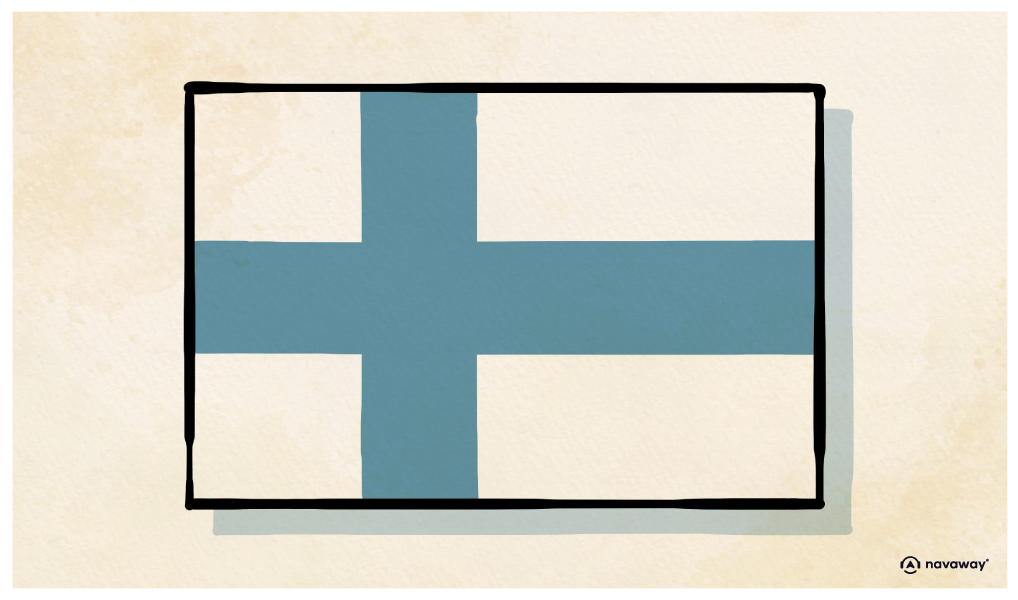
This point of interest is available as audio on the tour: Visit Helsinki, A Scandinavian getaway
Let’s take a moment to talk about the Finnish language—one of Finland’s two official languages, alongside Swedish. Spoken across almost all of Finland and by over 90% of the population, Finnish is now a core part of the country’s culture and identity. You might be wondering—what’s the difference between “Finnish” and “Finns”? The answer lies in the country’s complex history. Finland only became an independent country in 1917, after the fall of the Russian Empire. Before that, it had never been a sovereign state. It was part of Sweden throughout the Middle Ages, and then under Russian control for over a century. Long before all that, even during Roman times, the territory was inhabited by Finno-Ugric tribes—known as the Finns—who gave rise to the Finnish language. These early peoples lived alongside foreign rulers for centuries, and while Swedish dominated in politics and education, Finnish culture and language lived on. When Finland finally gained independence, Finnish re-emerged as the nation’s defining language. So, “Finns” refers to the people who speak Finnish, while “Finnish people” or “Finnish citizens” refers to everyone born in Finland, regardless of the language they speak. That’s why you’ll find both Swedish-speaking Finns—born in Finland but speaking Swedish—and Finnish-speaking Finns, also born in Finland but speaking Finnish. Fun fact: in Finnish, the country is called Suomi, and the Finnish people are known as Suomalaiset!

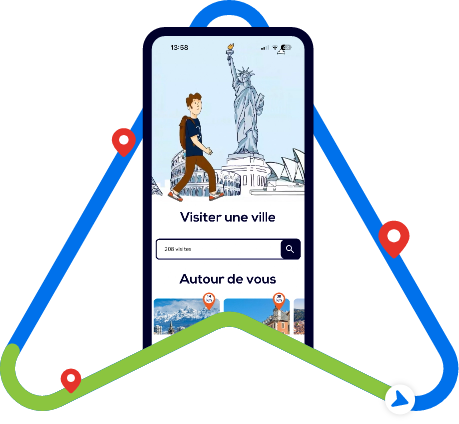
Discover Helsinki with app
An interactive guide through the most beautiful streets, squares, and districts
26 fun audioguides full of historical facts, anecdotes, and legends
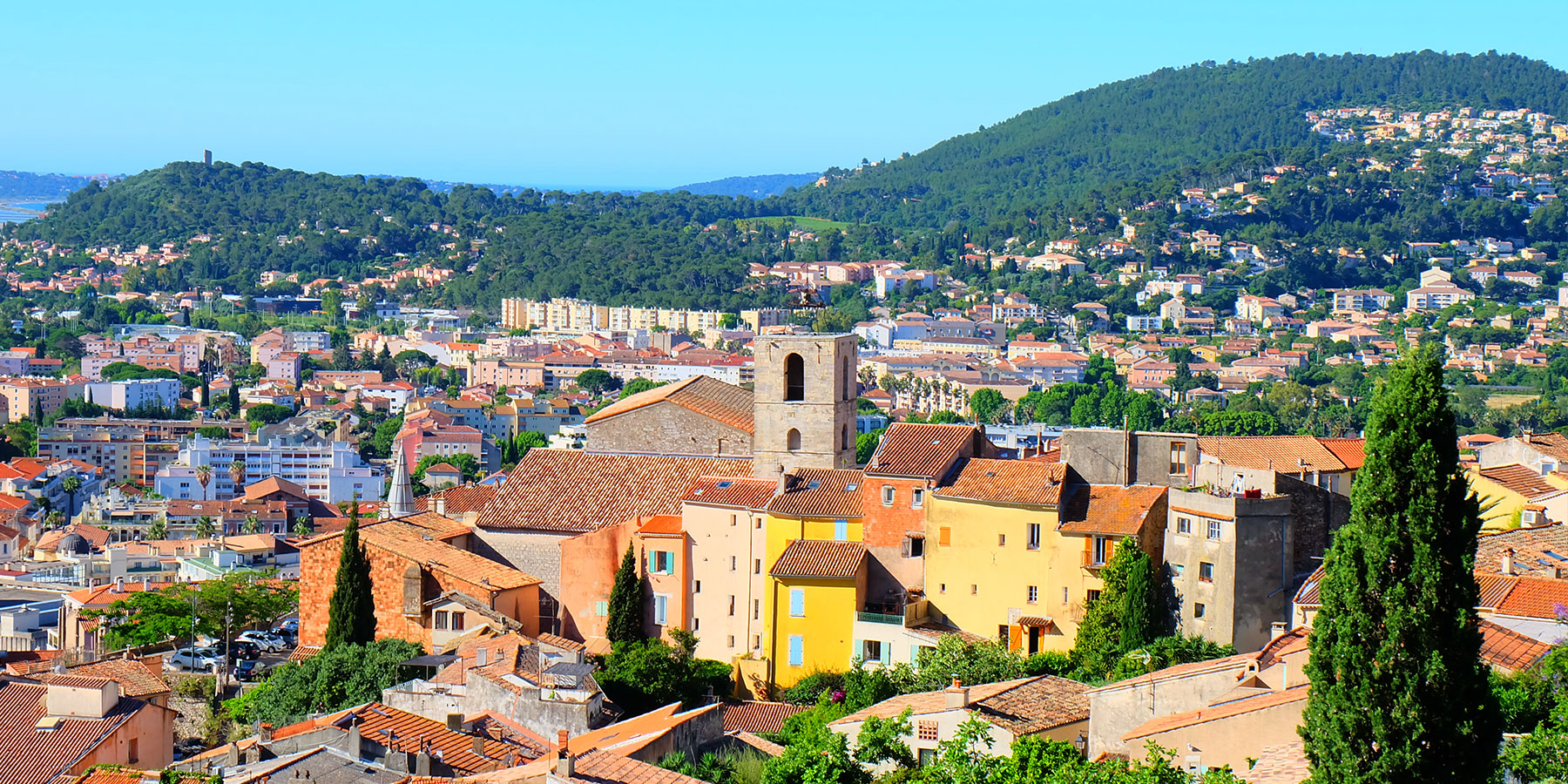
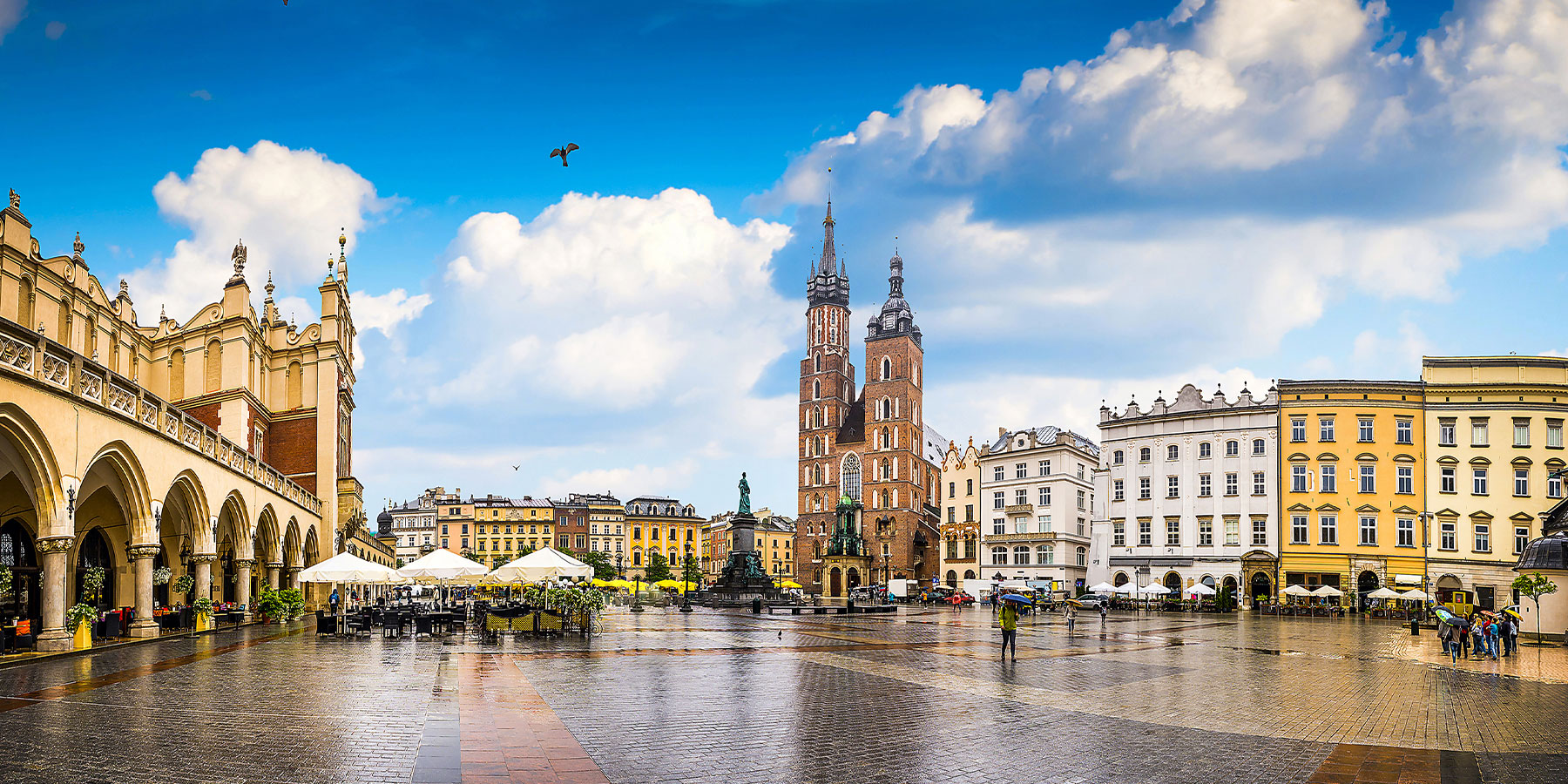
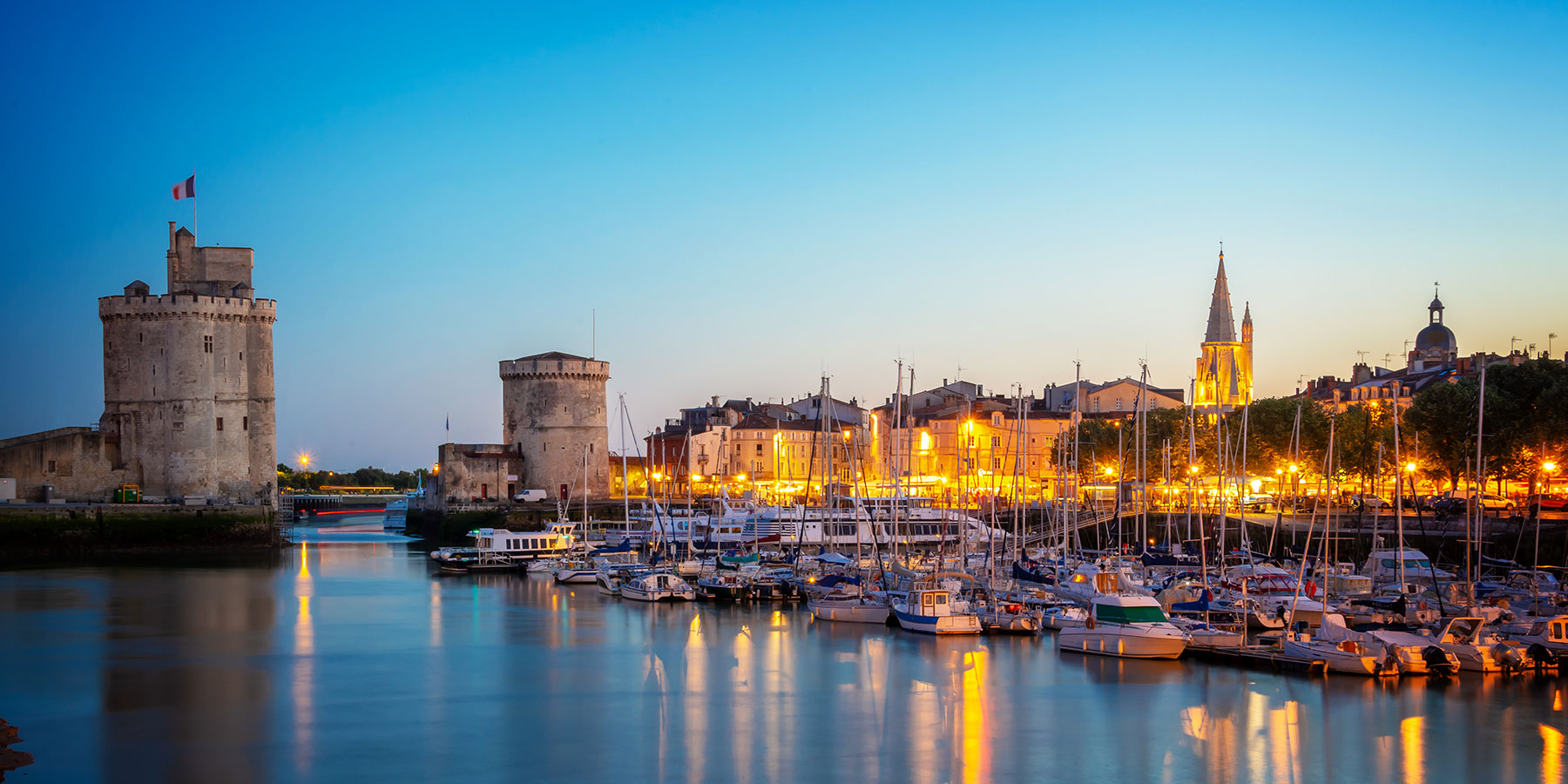


Comments